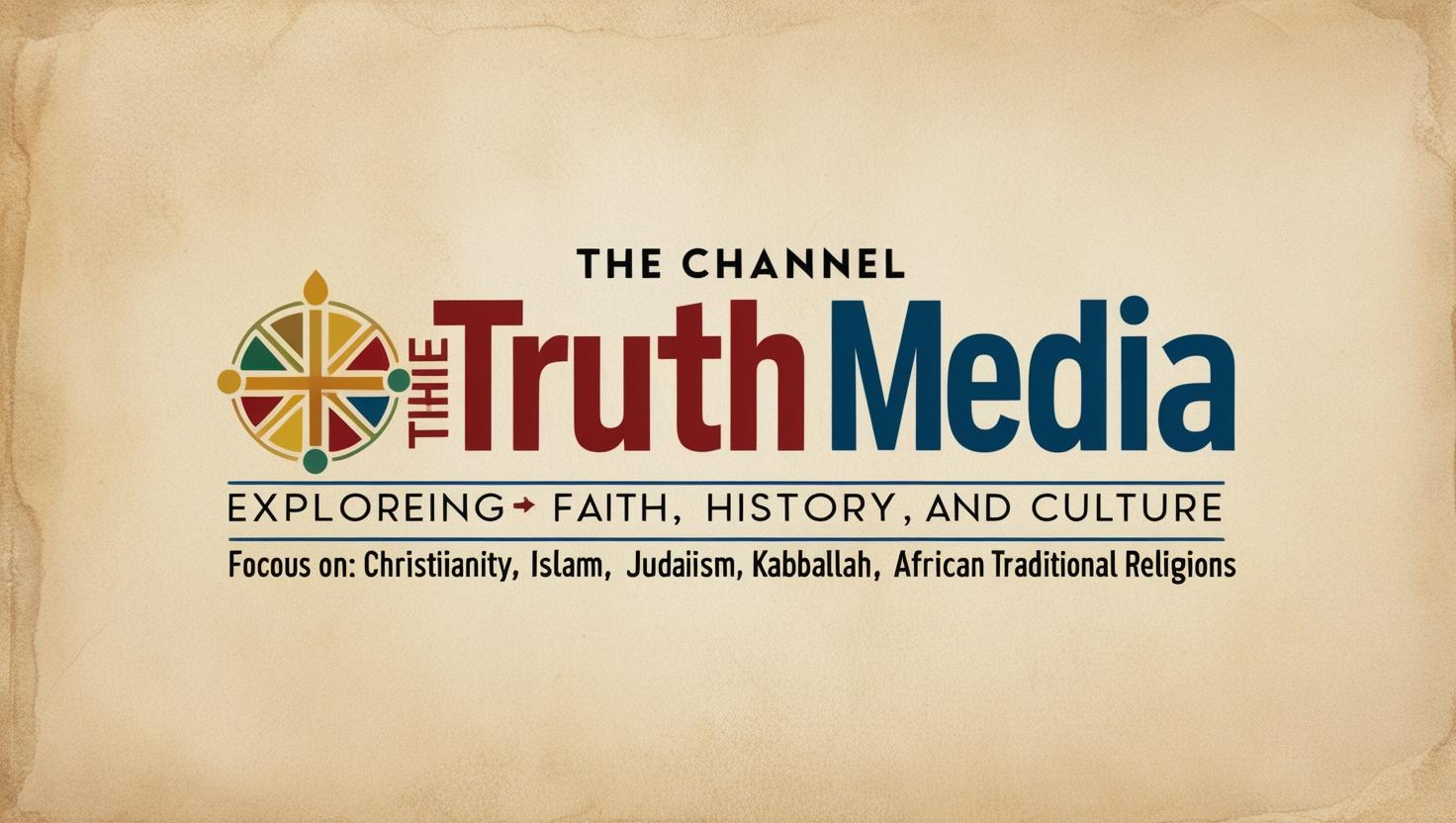The Shahada, the Islamic declaration of faith, is a fundamental statement that shapes the lives of Muslims. It affirms belief in the oneness of God and the prophethood of Muhammad. By reciting the Shahada, Muslims publicly commit to a life guided by the teachings of Islam. This simple yet profound statement serves as the foundation of their faith, influencing their actions, thoughts, and interactions with others. The Shahada is not just a verbal declaration; it is a way of life, inspiring Muslims to uphold values such as justice, compassion, and honesty in their daily routines. It is also a reminder of the centrality of God in all aspects of existence.
The Role of Prayer: Insights into the Physical and Spiritual Benefits of Salah
Salah, the act of prayer, is one of the most significant practices in Islam. Performed five times a day, it connects Muslims to their Creator and fosters a sense of discipline and spirituality. The physical aspects of Salah, including the prostration and standing, offer benefits such as improved posture and flexibility. Spiritually, prayer provides a moment of reflection, gratitude, and humility. It serves as a reminder of God’s presence in everyday life, promoting mental clarity and inner peace. Through Salah, Muslims develop a deeper sense of self-awareness, empathy, and gratitude, strengthening their relationship with both God and fellow humans.
Fasting for Purity: The Significance of Ramadan in Personal and Community Life
Fasting during Ramadan is a powerful spiritual practice that goes beyond abstaining from food and drink. For Muslims, Ramadan is a time for self-discipline, purification, and reflection. By fasting, Muslims experience empathy for the less fortunate and develop a stronger sense of gratitude for life’s blessings. The act of fasting also serves as a reminder of one’s dependence on God, fostering humility and spiritual growth. Ramadan strengthens the sense of community, as Muslims come together to break their fast, pray, and engage in acts of charity. It is a time for personal transformation and a deepening of faith, both individually and collectively.
Charity as a Duty: The Impact of Zakat on Social Welfare and Equality
Zakat, the obligatory form of charity in Islam, plays a crucial role in promoting social welfare and equality. By giving a portion of their wealth to those in need, Muslims fulfill a duty that ensures wealth is distributed more fairly within society. Zakat serves as a tool for reducing poverty and alleviating suffering, enabling individuals to contribute to the well-being of their communities. It also encourages a sense of responsibility and solidarity among Muslims, reinforcing the value of helping others. Through Zakat, Muslims strive to create a more just and compassionate world, where wealth is not hoarded but shared for the greater good.

